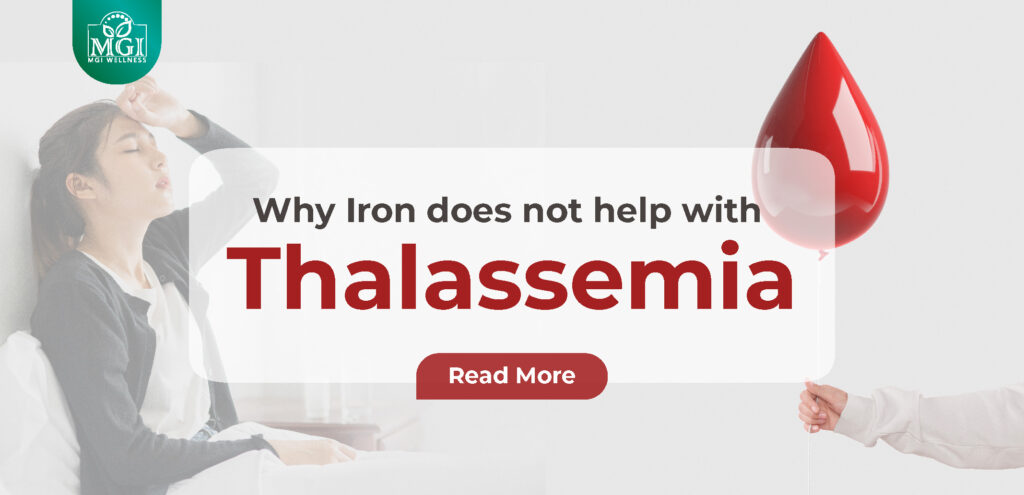Wellness
Why iron supplement does not help with Thalassemia
What is Thalassemia?
Thalassemia is a genetic condition involving abnormal formation of haemoglobin, an important part of red blood cells. It is estimated that about five percent of Malaysians are carriers. The lack of haemoglobin, does not allow the red blood cell to function properly and they last shorter periods of time, hence there are fewer healthy red blood cells travelling in the body. With that said, people with thalassemia may have mild or severe anaemia.
Types of Thalassemia
When looking into differentiating types of thalassemia there are 2 things which we look into:
- Part of haemoglobin that is affected.
Haemoglobin is made of two different parts, namely alpha and beta. When either the alpha or beta part is not made, there would not be enough building blocks to make normal amounts of haemoglobin. When there is low level of alpha it is called alpha thalassemia and when the level of beta is low it is called beta thalassemia.
- Severity of the thalassemia
The severity of the condition is usually noted by using the terms “trait,” “minor,” “intermedia,” and “major”. For instance, people who has thalassemia trait may not have any symptoms at all or may have only mild anaemia, while a person with thalassemia major may have severe symptoms leading to significant blood transfusions.
How do I know if I have thalassemia?
In moderate and severe case of thalassemia, it is usually diagnosed during childhood since they may have severe symptoms of anaemia early in life. People with less severe degree of thalassemia may only find out of the condition if they are having symptoms of anaemia, or maybe because a doctor finds anaemia on a routine blood test or a test done for another reason. Subsequently, a further test done to show abnormality in haemoglobin.
Treatments for thalassemia
Ironically, though thalassemia patient exhibits symptoms of anaemia they may be advised to avoid taking iron supplements. This is because there is a risk of iron overload due to either regular blood transfusion or excessive absorption of iron in the gastrointestinal tract. This can cause serious complication as the body does not have a mechanism to dispose of the excess iron.
Hence, treatment for thalassemia very much depends on the type and severity of thalassemia. Some treatment methods include:
- Iron chelation
- Blood transfusion
- Gene therapy
- Bone marrow or stem cell transplant (usually for severe cases)
- Folic acid supplementation
The suitability of treatment will usually be determined by the medical doctor.
References:
- Mohd Ibrahim, H. ed., (2019). Malaysian Thalassaemia Registry Report 2018. 1st ed. Medical Development Division, Ministry of Health, Malaysia.
- What is thalassemia? [Internet]. Centers for Disease Control and Prevention. Centers for Disease Control and Prevention; 2022 [cited 20 Nov 2022]. Available from: https://www.cdc.gov/ncbddd/thalassemia/facts.html
- Borgna-Pignatti C, Gamberini MR. Complications of thalassemia major and their treatment.Expert Rev Hematol. 2011;4(3)353-66.


Regards for this rattling post, I am glad I detected this website on yahoo.
An interesting discussion is worth comment. I think that you should write more on this topic, it might not be a taboo subject but generally people are not enough to speak on such topics. To the next. Cheers
Great post, you have pointed out some wonderful points, I as well believe this s a very great website.
You made various good points there. I did a search on the theme and found nearly all people will go along with with your blog.